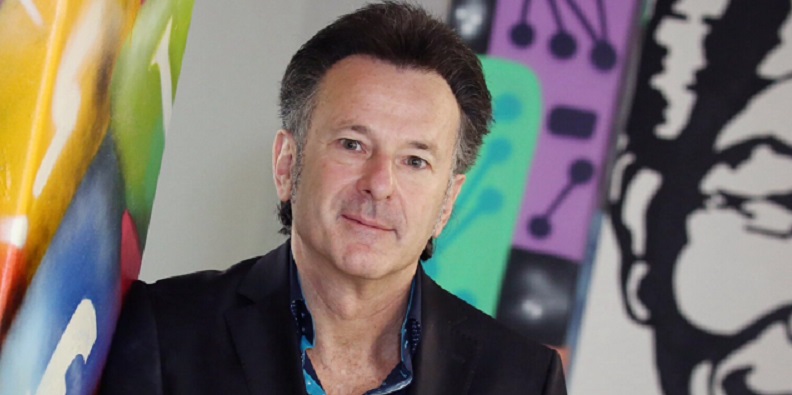Acer Africa has launched a refreshed portfolio of devices aimed at South African students, just in time for the new academic cycle. Designed for…
More than money, linkages – what a great venture capitalist should look like [Opinion]

The practices of venture capital in South Africa have barely matured during the last decade, but change is afloat. A new generation of empathetic investors realise what is required in the world of digital transformation and investing: It’s a great founder’s market.
In the past, VCs held leverage over founders by controlling the purse strings. These days (and I expect little change, even with market uncertainties), money flows like water for strong founders who often command numerous offers and outstanding deal terms.
To remain competitive, the old guard must adapt. They can’t keep winning based on brand name alone. They must also compete on heart.
Here’s what I see working:
VCs are service providers, and capital is not the service — mentorship, relationships, guidance, availability, effort and thoughtful counsel are.
Great VC’s understand that investing in companies marks the beginning of the journey and not the end of the process.
Venture capitalists are service providers, and capital is not the service — mentorship, relationships, guidance, thoughtful counsel are
I often attend board meetings where attendees, including my VC colleagues, haven’t read the preparatory materials. Such lack of engagement wastes valuable time, relegating CEOs to explaining their business basics rather than receiving the strategic counsel and engaged, contextualised discussions they deserve. A good investor doesn’t over commit to too many companies and is available anytime, anywhere for each of them.
Know your portfolio companies
Advice based solely on a decade-old operational and not technology experience is useless if not put in proper context, nor can it qualify someone as an expert on how these companies should operate today, the psyche of the people running them, or shifts in customer expectations and technologies. The past can inform but shouldn’t dictate how investors advise today.
Good VCs do their research on every portfolio company – not just before making an investment, but also in an ongoing, equally engaged capacity throughout their board tenure, constantly balancing historical pattern matching with the subtleties of market shifts that could make previously used tactics more or less relevant.
Without this context, investors risk falling into an expertise trap, relying on surface-level reasoning by analogy, failing to understand pertinent underlying factors and putting companies at risk. VCs should know their portfolio businesses so well that they become an extension of the team.
Coaching – not just advising
Everyone improves with a coach — from actors and athletes to star executives. Strong VCs are more than just quantitative experts and operational guides. They’re also coaches who challenge startup leaders in all the right ways, show them how to work around weaknesses, and help them emphasise and fortify around strengths.
Furthermore, founders should remember that just as they should hire executives who fill in around the gaps of their own skillsets, they should also hire investors and investment firms who collectively complement and augment their own skills.
A great coach-as-VC becomes the call founders want to make, not merely the call they have to make.
Aligning values around what’s best for the founder, the team, and society — not the venture firm.
Founders need investors who believe in them, will deliver for them, won’t pressure them into unwanted decisions, and will challenge, but not stand in the way of the founder’s dreams.
They also need investors with unshakable values and integrity who — both individually and through their firms — exemplify the behavioural norms and cultural values that founders wish to instil in their companies.
Clive Butkow is the CEO and founder of Kalon Venture Partners

